Update: The tests from Consumer Reports were quickly published on Tuesday afternoon, and the organization said its engineers recorded temperatures as high as 116 degrees Fahrenheit while playing Epic's "Infinity Blade II." The iPad was standing up with Apple's Smart Cover, the 4G LTE connection was not turned on, and the tablet was plugged in while the game ran for 45 minutes.
The highest unplugged temperature for the new iPad was found to be 113 degrees Fahrenheit, while plugged in it reached 116 degrees. Those temperatures were 13 degrees and 12 degrees hotter, respectively, than identical tests conducted with the iPad 2.
"During our tests, I held the new iPad in my hands. When it was at its hottest, it felt very warm but not especially uncomfortable if held for a brief period," author Donna L. Tapellini wrote.
The testing also found that the iPad wouldn't recharge its battery while the game was running and it was plugged in. Instead, the battery continued to drain, suggesting the power draw of the new A5X processor was too great for the iPad's USB connection to overcome during heavy use.
Earlier Tuesday, Consumer Reports indicated its plans to publish its findings. In a "First Look Review" published last week, Consumer Reports said Apple's third-generation tablet was "shaping up as the best tablet yet."
"The iPad's high-resolution display requires more power, and the efficiency of the A5X should help mitigate the battery drain it causes," the group wrote last week. "We'll post results of our battery life tests soon."
Of course, it's that larger battery, Retina display and more powerful quad-core graphics processing that have led to a slight increase in operating temperature on the new iPad, when compared to last year's iPad 2. Apple issued a comment on the matter earlier Tuesday, stating that the new iPad operates "well within" its temperature specifications.
The issue began to gain traction this week after an infrared test of the new iPad found it runs 10 degrees hotter, on average, than the iPad 2. The new iPad was measured at 92.5 degrees Fahrenheit, while the iPad 2 measured 83 degrees Fahrenheit.
Left: New iPad, Right: iPad 2. Credit: Tweakers.net
Consumer Reports made waves last year when it ranked the iPhone 4 the best smartphone available on the market, but later changed its stance and stated it couldn't recommend the iPhone 4. The group tested the iPhone 4 inside a controlled radio frequency isolation chamber, and found that covering the bottom left corner of the handset with one's bare hand could reduce reception.
But the consumer advocacy group took a more favorable view of the iPhone 4S when it was released last year, stating that any reception issues were addressed with the updated handset.
 Slash Lane
Slash Lane
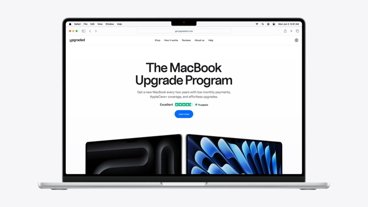

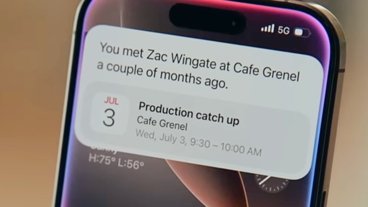
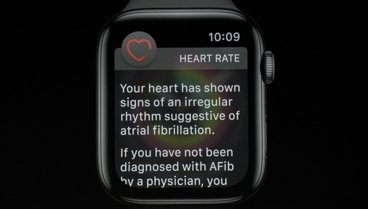
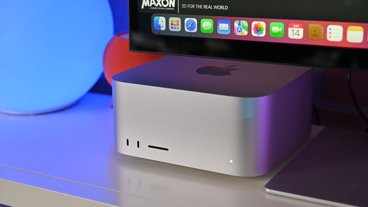

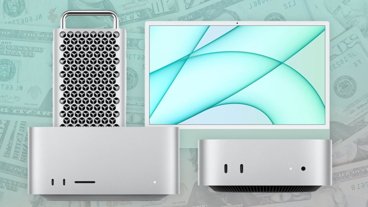
-m.jpg)






 Charles Martin
Charles Martin

 Amber Neely
Amber Neely
 Christine McKee
Christine McKee
 Malcolm Owen
Malcolm Owen

 William Gallagher
William Gallagher






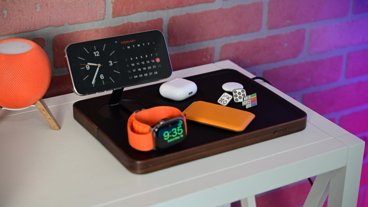


175 Comments
Oh dear God no.
I am confused, the iPad 2012 is a bit warmer than older version. OK, this is a weather report, not a complaint.
Does this mean if you take an iPad and prevent any heat loss, wrap it in a blanket in your lap, etc. that it will be problem?
Does it mean if I take the iPad, do not let it sleep and place in under blankets in a bed it will be a fire hazard?
Do not understand? Sounds like a fishing expedition.
Of course with my luck the silly thing blows up.
I'd like to see some investigation into the charging time of the iPad 3. Apple significantly increased the capacity of the battery, but they packed in the same ol' 10w charger from the previous two generations. My unscientific test is showing it taking approximately 7 full hours to charge from 1% (the point at which the iPad automatically shuts itself down) to 100%.
I wonder how they'll backpedal from this farce.
Consumer Reports, that is, not Apple.
Consumer Reports lost all credibility with Antennagate, why would anyone trust them after that? They claimed, throughout the entire lifespan of the device (and even still now, I think), that they "couldn't recommend anyone purchase the iPhone 4 because of the antenna problem", despite it being their highest-rated product and the one with the most positive customer ratings, both by a huge margin. Oh, and the fact that the problem didn't actually exist and tens of millions of them were sold, keeping it the best-selling phone on the entire market until it was superseded by the next iPhone.
The assumption can easily be made that if they don't know squat about one field of which we have proper knowledge, they must not know squat about the other fields of which we have less knowledge.
Yay! Free bumpers for everyone.